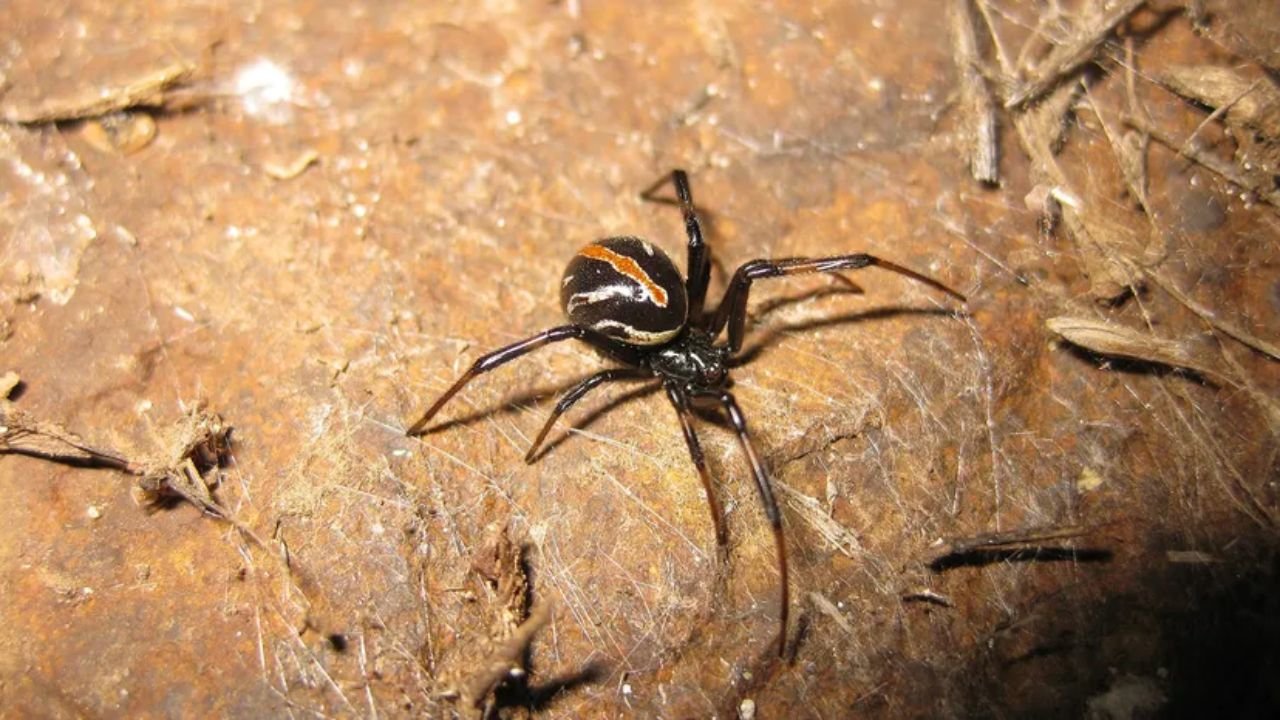Encountering a black widow spider in your home can trigger anxiety, especially for homeowners who are arachnophobic or concerned about potential pest problems. These notorious spiders, with their ominous reputation and striking appearance, often raise a pressing question for those who find them in their living spaces—should I kill a black widow spider? Making an informed decision requires understanding these creatures, assessing the threat they pose, and exploring viable control methods. In this comprehensive guide, we aim to provide clarity on this topic by delving into the nature of black widow spiders, evaluating their threat level, exploring control options, and offering advice on dealing with bites. Join us as we unravel the mystery of the black widow and help you make a confident decision about their place in your home.
Understanding Black Widow Spiders
Overview of Black Widow Spiders
Black widow spiders are primarily found in warm climates and are known for their glossy black bodies and red hourglass markings on the underside of their abdomens. These spiders prefer dark, secluded areas like woodpiles, basements, and garages. Though they are often feared, they are generally non-aggressive and only bite when threatened.
The Danger of Black Widow Bites
A black widow bite can be serious, as their venom is neurotoxic. Symptoms can include muscle cramps, nausea, and difficulty breathing. However, fatalities are rare, and healthy adults typically recover with appropriate treatment. Risk factors include age, health conditions, and the location of the bite.
Myths vs. Facts About Black Widow Spiders
Despite their fearsome reputation, black widows are not as dangerous as commonly perceived. Many myths exaggerate their aggressiveness and lethality. In reality, black widows often avoid human contact and will retreat if possible.
Assessing the Threat: When to Worry
Conditions That Attract Black Widows to Your Home
Black widows are drawn to environments that provide warmth, moisture, and abundant prey. Overgrown yards, cluttered basements, and improperly stored firewood can create ideal habitats for these spiders.
Identifying Black Widow Populations in Your Area
Understanding whether black widows are prevalent in your region can help gauge the risk of encountering them. Check local resources or consult pest control experts to learn about their presence in your area.
Signs of a Black Widow Infestation
Look for messy, irregular webs in secluded corners or outdoor structures. Spotting multiple webs or spiders may indicate an infestation that requires attention.
Black Widow Spider Control: Your Options
Natural and Chemical Methods for Controlling Black Widows
For those concerned about black widows in their homes, control options include natural remedies such as essential oils or vinegar sprays, and chemical solutions like insecticides. Both methods can effectively reduce spider populations when used correctly.
Safety Precautions When Dealing with Black Widows
When handling black widows or their habitats, wear gloves and use tools to maintain distance. Always follow safety guidelines when applying chemical treatments to prevent harm to yourself and others.
The Ethical Debate: Should You Kill a Black Widow Spider?
The decision to kill a black widow spider involves ethical considerations. Some argue for removal without harm, emphasizing the spider’s role in controlling pests, while others prioritize safety, especially in homes with children or pets.
Living with Black Widow Spiders
Tips for Preventing Black Widow Infestations
Prevent black widows from entering your home by sealing cracks, reducing clutter, and maintaining a clean environment. Regularly inspect and clean potential nesting sites to deter them from settling in.
How to Coexist with Black Widows if Removal Is Not an Option
If removal isn’t feasible, maintaining a respectful distance and taking precautions can allow coexistence. Educating family members about identifying and avoiding black widows is also crucial.
Balancing Safety and Environmental Conservation
While prioritizing safety is essential, consider the ecological benefits of black widows, such as controlling insect populations. Balancing these factors can guide your approach to managing their presence.
Dealing with a Black Widow Bite
First Aid for Black Widow Bites
In case of a bite, wash the area with soap and water, apply a cold compress, and elevate the affected limb. Over-the-counter pain relievers can alleviate discomfort until medical assistance is available.
When to Seek Medical Attention
Seek medical attention if symptoms are severe, if the bite is on a child or elderly person, or if there is difficulty breathing. Prompt treatment can mitigate complications and speed recovery.
Prevention Tips for Avoiding Bites
To prevent bites, wear gloves when working in dark or cluttered areas, check shoes and clothing before use, and educate family members about identifying black widows.
You May Also Like:
Exploring https://noticviralweb.blogspot.com/2018/02/pacarana-duchandose.html and Its Mysteries
Conclusion
Deciding whether to kill a black widow spider involves weighing safety, ethical considerations, and environmental impact. By understanding their behavior, assessing potential risks, and exploring control options, homeowners can make informed decisions that align with their values and circumstances. Whether choosing removal, coexistence, or another approach, prioritizing safety and knowledge remains key. For those seeking further expertise, pest control professionals or local wildlife organizations can provide guidance tailored to specific needs.
FAQs
Are black widow spiders aggressive?
Black widow spiders are generally not aggressive and will avoid human contact when possible. They typically bite only when threatened or trapped.
How can I prevent black widow spiders from entering my home?
Seal cracks, reduce clutter, and maintain a clean environment to deter black widows. Regular inspections and cleaning of potential nesting sites can also help.
What should I do if a black widow bites me?
Wash the bite area with soap and water, apply a cold compress, and seek medical attention if symptoms are severe or if the victim is vulnerable.
Do black widow spiders have any ecological benefits?
Yes, black widow spiders help control insect populations, contributing to ecological balance. This can be a factor in deciding whether to remove them.
What are the ethical considerations in dealing with black widows?
The decision to kill or relocate a black widow involves considering their ecological role, potential safety risks, and personal or family circumstances.











